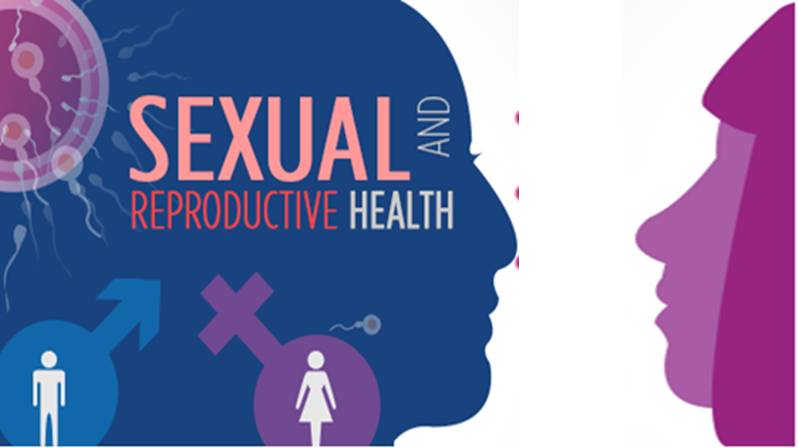The Ghana Health Service (GHS) has called on the media to help demystify communication on issues surrounding Sexual and Reproductive Health and Rights (SRHR), especially among adolescents, to help promote those rights.
Dr Chris Fofie of the Family Health Division, GHS, who made the call, said discussions on SRHR should be open and not shrouded in some mystery so as to achieve the desired results.
He was speaking at an orientation workshop for selected media personnel on strengthening integration of safe abortion services into routine reproductive health services in Ghana.
The goal was to equip participants with information on SRHR to ensure effective communication on those issues and play advocacy roles as partners in health delivery.
Participants were exposed to international, regional and national human rights documents related to SRHR and its overview in Ghana.
Dr Fofie said the media served as the interface between the Ghana Health Service and the public hence the need to engage them to reach out to the larger population.
“It is important to get you on board so that we will begin to speak similar language to ensure that most of the things we want to do can be shaped in the fashion that will help us to achieve our objectives,” he said.
He stressed the importance for health workers and the media to speak the same language to achieve a common objective, adding that sexual and reproductive health was a human right and essential element of good health and human development.
Observing those rights, he said, would lead to quality sexual reproductive health and contribute to productive life while eradicating poverty and hunger.
Mrs Jacqueline Victoria Ackah, a Deputy Director of Nursing Services, urged the media to lead the campaign against unsafe abortions, which was claiming the lives of women and young girls.
The option for safe abortion performed by professionals was available, but religion and other social factors were driving many women to opt for unsafe methods of terminating pregnancies at the peril of their lives.
She called for concerted efforts by all stakeholders to reverse the trend, especially the media, as it had a significant role in public education on unsafe abortions.


















